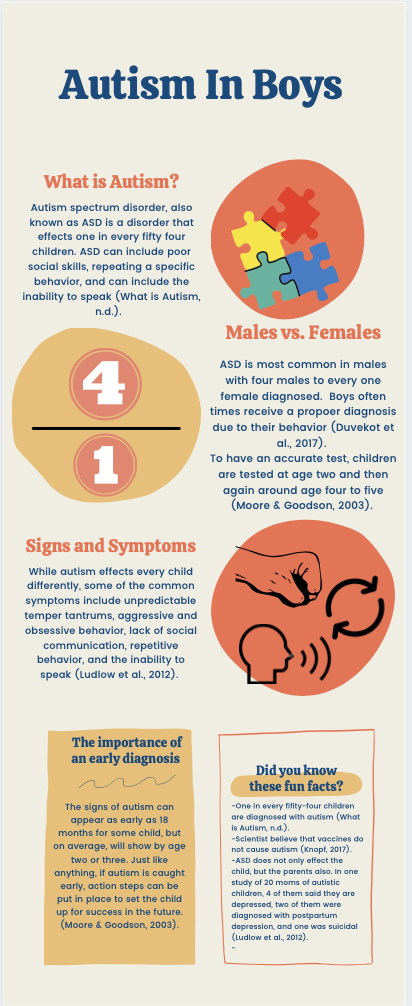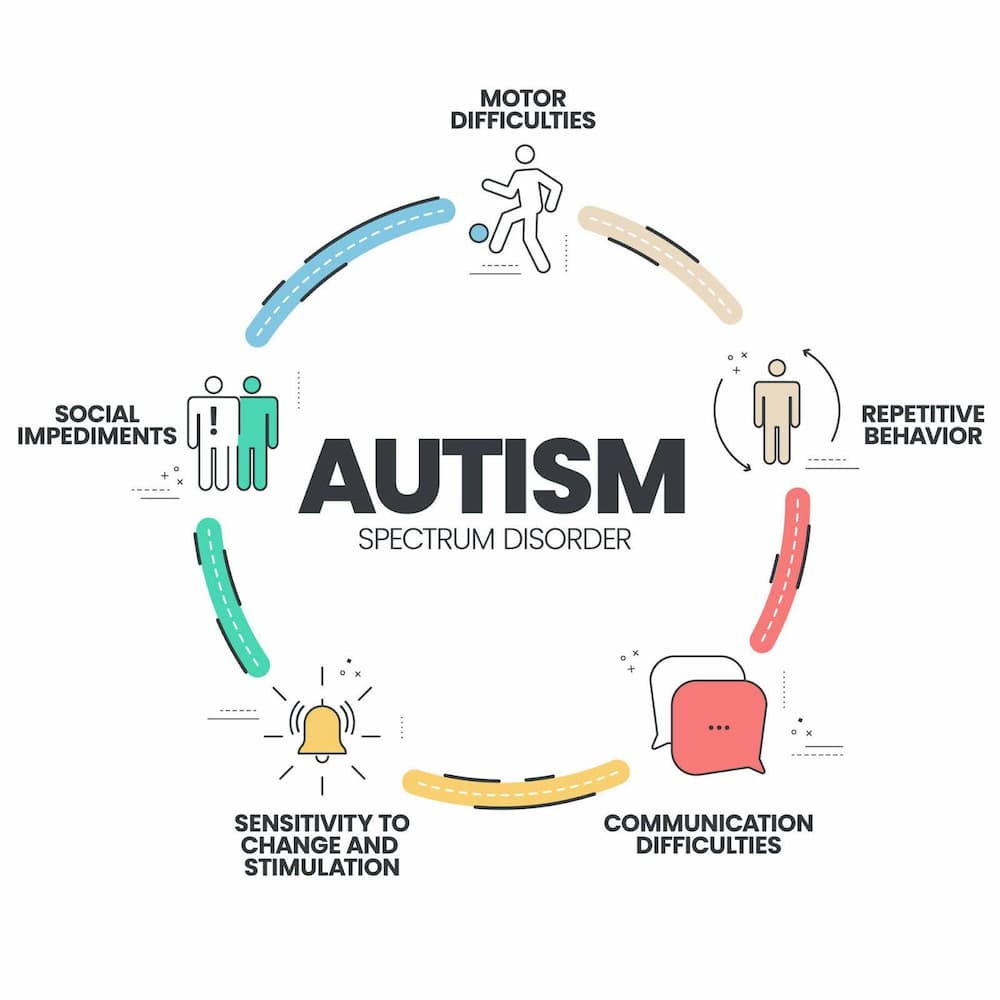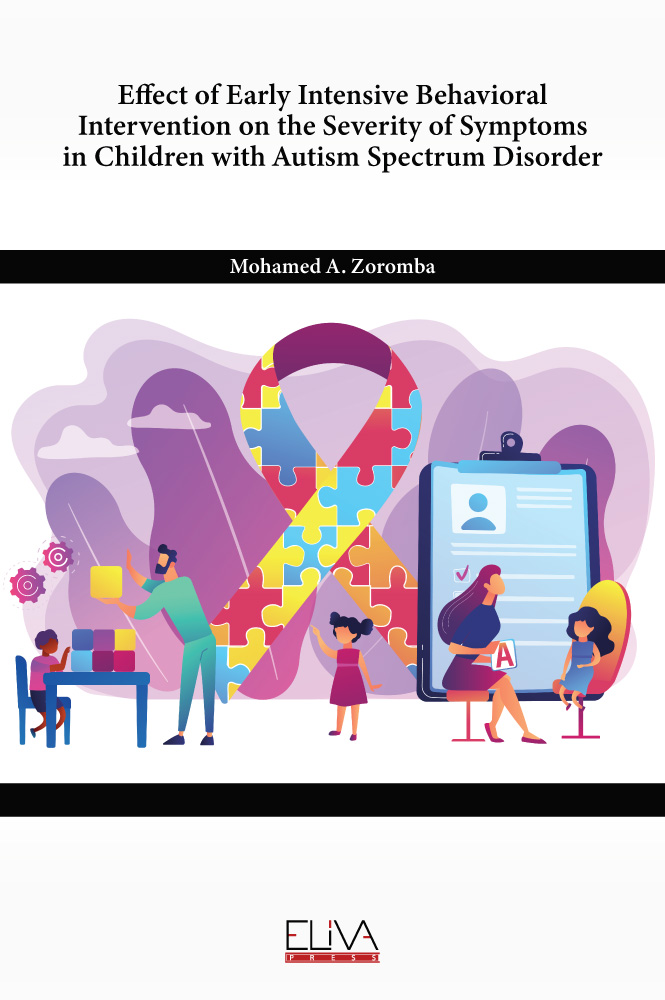Does Autism Behavioral Therapy really help? Here’s what research shows
Does Autism Behavioral Therapy really help? Here’s what research shows
Blog Article
Comprehending the Influence of Behavioral Autism on Day-to-day Live and Social Interactions
You may not recognize how deeply behavior autism impacts everyday life and social communications. People on the range commonly browse a world filled up with interaction hurdles and sensory overload. These obstacles can lead to frustration and seclusion, impacting their partnerships and general wellness.
Defining Behavioral Autism and Its Characteristics
Behavioral autism, commonly referred to as autism spectrum condition (ASD), incorporates an array of conditions identified by obstacles in social interaction, interaction, and repeated behaviors. You may see that individuals with ASD usually battle to translate social signs, which can lead to misconceptions in discussions. They may discover it tough to develop eye call or involve in small talk, making social scenarios feel frustrating.
Interaction troubles can manifest in numerous methods, from postponed speech development to a preference for making use of less words. Recurring behaviors, such as hand-flapping or rocking, can function as coping systems to manage stress and anxiety or sensory overload. These attributes can profoundly affect daily life, making it important for you to understand and support those with ASD. By identifying these traits, you can foster a setting that advertises approval and encourages effective interaction, assisting individuals with autism grow in their everyday interactions.
The Spectrum of Autism: Recognizing Irregularity in Habits
Autism spectrum disorder (ASD) isn't a one-size-fits-all diagnosis; it varies extensively among individuals. You might observe that some individuals with ASD display light signs and symptoms, while others may face much more significant challenges. This variability can show up in habits, interests, and sensory level of sensitivities. You might come across people that are highly spoken and involve easily in conversations, while others might favor solitary tasks or connect non-verbally.
Furthermore, the means individuals with ASD respond to sensory input can differ significantly; some could be overwhelmed by loud sounds or brilliant lights, whereas others grow in promoting environments. The spectrum likewise includes differences in social interactions; some individuals might battle to translate social signs, while others navigate social settings with loved one convenience. Recognizing this irregularity is vital, as it assists you value everyone's distinct experience and tailor support to their certain requirements, cultivating a much more comprehensive environment for everyone.
Interaction Obstacles Dealt With by Individuals With Autism
When you interact with people on the autism range, you may discover their one-of-a-kind interaction challenges. They often encounter troubles with both verbal and nonverbal hints, which can impact their social communications. Understanding these barriers is necessary for cultivating much better links and assistance.

Verbal Interaction Difficulties
Numerous individuals on the autism range experience spoken interaction troubles that can substantially influence their daily communications. You could find it challenging to express your ideas, sensations, or needs plainly. This can bring about disappointment for both you and those around you, as misunderstandings take place. You may fight with starting conversations, maintaining a subject, or recognizing subtleties in speech. Often, you may like making use of easy language or repetitive phrases, which can limit your capacity to take part in deeper discussions. Your tone, rate, or quantity may not align with social expectations, creating others to misunderstand your purposes. Recognizing these challenges can aid you and your support network create techniques to improve interaction and promote far better connections with others in your every day life.
Nonverbal Communication Obstacles
Spoken interaction isn't the only difficulty individuals on the autism spectrum face; nonverbal communication barriers can be equally as substantial. You may find it hard to interpret body movement, facial expressions, and eye contact, which are vital for efficient communication. These obstacles can result in misunderstandings or misinterpretations of social signs, making communications really feel complicated or frustrating. You might have a hard time to reveal your own feelings with nonverbal means, leaving others uncertain of your intentions or sensations. This separate can produce sensations of seclusion and irritation. Acknowledging these obstacles is essential for promoting understanding and empathy in your interactions. By resolving nonverbal communication, you can discover approaches to boost your social experiences and boost your overall quality of life.
Social Communication Effects
Social communications can typically really feel overwhelming as a result of the special interaction obstacles faced by individuals with autism. You may fight with analyzing social cues, making it difficult to understand mockery or body movement. This can lead to misconceptions or unpleasant minutes in conversations. Furthermore, starting and preserving conversations might really feel tough, creating anxiousness in social circumstances. You might like organized settings, making spontaneous interactions unpleasant. It's additionally common to experience problem in taking part in tiny talk, which can impede creating new relationships. Identifying these obstacles can aid you discover strategies to improve communication, such as practicing social abilities in risk-free settings or making use of visual help - Aba Therapist Near Me. Understanding your requirements enables you to browse social communications with greater confidence and ease.
Social Interaction and Connection Structure in Autism
While building partnerships can be challenging for individuals with autism, recognizing their distinct perspectives and interaction styles can foster meaningful connections. You may discover that lots of individuals on the spectrum like straight communication and may battle with social cues or little talk. By being straightforward in your interactions, you can aid produce a setting where they feel comfy.
Make the effort to observe and listen how they reveal themselves. This insight can direct you in steering discussions better. Participating in shared rate of interests can additionally serve as a bridge to deeper links. Whether it's a pastime, a preferred program, or a common enthusiasm, these typical strings can open up doors to relationship.
Every Day Life Routine: Navigating Strategies and challenges
Navigating life regimens can be especially challenging for people with autism, specifically when unanticipated adjustments take place. You could discover convenience in having a structured routine, as it helps you anticipate what's following. When disruptions take place, it's normal to really feel nervous or overwhelmed. To navigate these challenges, consider executing visual schedules or lists. These devices can provide clearness and peace of mind.
Developing a routine that consists of sensory breaks can likewise be valuable. You can plan webpage short breaks throughout your day to charge. It's vital to interact with those around you, allowing them understand your needs and preferences. This aids develop an understanding setting.
Finally, method mindfulness techniques to manage stress and stress and anxiety. Straightforward breathing workouts or grounding strategies can make a significant distinction. By incorporating these techniques, you can improve your day-to-day regimen and minimize disturbances, making life really feel more manageable.
Staminas and Abilities of People on the Autism Range
Recognizing day-to-day life regimens is just one facet of the autism experience. Several people on the autism spectrum have amazing strengths and capacities that set them apart. You may discover that your interest to detail is extraordinary, permitting you to stand out in tasks that need accuracy and focus. Your capacity to believe outside the box can cause cutting-edge services in different circumstances.
Moreover, your memory abilities typically shine, particularly in areas of rate of interest. Aba Therapist. This knack for maintaining information can make you a beneficial source in areas like science, art, or innovation. You might likewise display solid visual reasoning, enabling you to visualize complex ideas and fix troubles creatively
In addition, your distinct point of view on the globe can foster empathy and understanding in others, enhancing social interactions. Embracing these toughness not just enhances your confidence however likewise assists others value the diverse skills you offer the table.
Producing Comprehensive Atmospheres for People With Autism
Creating comprehensive environments for individuals with autism starts with making sensory-friendly areas that deal with their distinct needs. You can likewise cultivate possibilities for social communication, assisting to build connections and friendships. By making these adjustments, you'll add to a more inviting ambience for everyone.
Designing Sensory-Friendly Spaces
While creating sensory-friendly areas, it's important to mirror on the one-of-a-kind requirements of people with autism. Start by choosing soothing colors and soft illumination to produce a comforting environment. Integrate quiet areas where people can recharge and pull away when overwhelmed. You'll want to decrease loud noises and distractions, making use of soundproof materials or white sound makers to assist preserve tranquility. Take into consideration responsive components like soft fabrics or fidget-friendly things that can offer comfort. Establish that areas are adaptable, enabling for easy reformation to fit various activities. Consist of visual routines or clear signs to assist individuals browse the room confidently. By thoughtfully incorporating these components, you can develop a welcoming atmosphere that supports sensory needs and advertises total well-being.
Advertising Social Interaction Opportunities
Designing sensory-friendly rooms not only addresses individual comfort yet likewise sets the stage for purposeful social communications among individuals with autism. To promote these interactions, develop comprehensive environments that welcome engagement. Organize organized activities, like art courses or team games, that motivate collaboration without frustrating sensory input. Use visual help and clear communication to aid everybody engage comfortably. Encourage peer mentoring, pairing individuals with autism with helpful peers that can guide them through social scenarios. In addition, take into consideration hosting regular community occasions that celebrate neurodiversity, fostering approval and understanding amongst all individuals. By implementing these strategies, you can boost social chances, aiding individuals with autism develop friendships and enhance their social skills in a risk-free, inviting environment.

Often Asked Inquiries
Just How Can Friends Support Somebody With Behavioral Autism?
You can sustain a good friend with behavior autism by being person, listening actively, and valuing their boundaries. Take part in tasks they enjoy, interact openly, and produce a comfortable atmosphere where they really feel valued and understood.
What Resources Are Offered for Parents of Kid With Autism?
You can explore different resources for parents of children with autism, consisting of support system, instructional internet sites, and local community services. Connecting with various other moms and dads can additionally supply important understandings and shared experiences to help navigate difficulties.
Can Behavioral Autism Adjustment With Time?

Yes, behavioral autism can alter over time. You could notice shifts in interaction, social skills, and actions as your youngster expands. Early intervention and support frequently play crucial duties in these developing adjustments.
How Do Sensory Sensitivities Impact Every Day Life?
Sensory sensitivities can make day-to-day experiences overwhelming. You may battle with bright lights or loud noises, leading to stress and anxiety or evasion. Finding atmospheres that suit your demands can considerably improve your convenience and general day-to-day life.
What Are Usual Misconceptions Concerning Behavioral Autism?
You may assume behavioral autism just influences communication skills, however it's more complicated. Many assume individuals do not have empathy or knowledge, which isn't real. Understanding these false impressions assists foster approval and assistance for those on the range.
Behavior autism, usually look these up referred to as autism spectrum disorder (ASD), includes an array of problems characterized by obstacles in social communication, interaction, and repetitive actions.Social communications can typically really feel overwhelming due to the distinct communication obstacles dealt with by individuals with autism.Creating sensory-friendly rooms not just addresses individual comfort however likewise establishes the stage for meaningful social communications amongst Autism Behavioral Therapy people with autism. Motivate peer mentoring, matching people with autism with supportive peers that can direct them via social scenarios. By carrying out these approaches, you can enhance social chances, assisting individuals with autism build friendships and enhance their social abilities in a secure, inviting setting.
Report this page